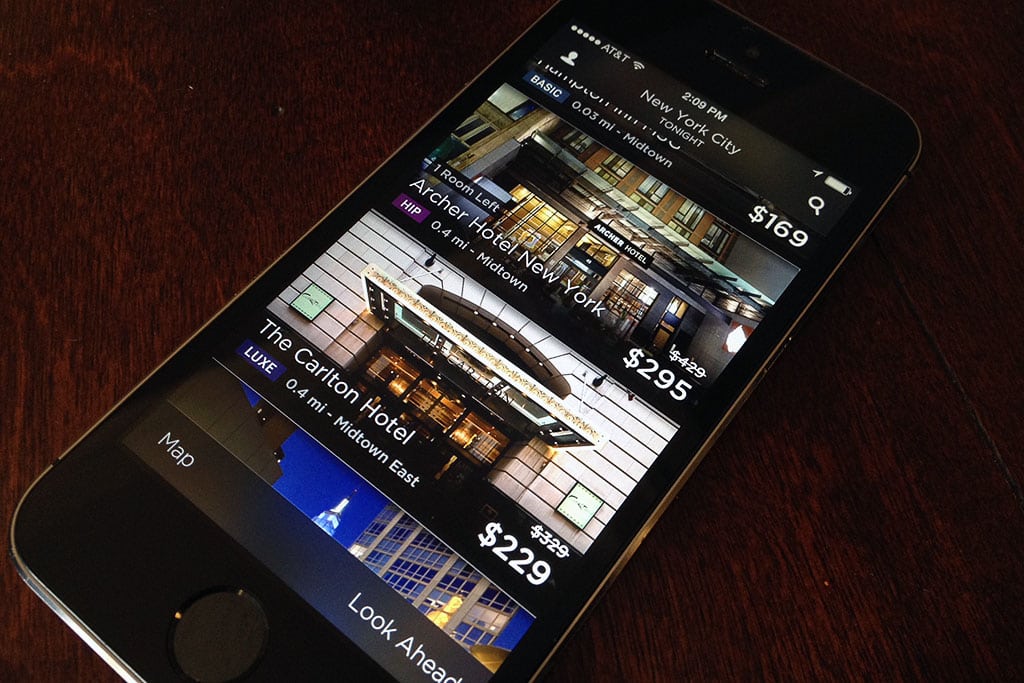HotelTonight Is Having 'Difficult Discussions' With Hotels About Margins

Skift Take
Let's see: HotelTonight claims to have grown revenue 200 percent year over year in January while shifting its emphasis toward profitability instead of growth, and after laying off 20 percent of its staff in November. Sometimes it's just great to be a private company and to have such freedom of speech.
After months of downplaying its problems despite carrying out layoffs in November, HotelTonight co-founder and CEO Sam Shank now admits the company was overly focused on growth at the expense of profitability and is currently conducting "difficult discussions" with hotels about their margins.
In a Re/code podcast with Kara Swisher published February 29, Shank said: "We started moving toward improving our unit economics but we didn't move aggressively enough on reducing credits and coupons and discounting, and talking to suppliers about their margins that we are paying, about just having those difficult discussions."
"We are having those now," Shank said. "Those discussions are going well. There is still a very, very strong partnership with our suppliers and with our hotels and our customers. It’s never been better. But we didn’t move as quickly as I think we should have on that."
Arguing that HotelTonight doesn't need to raise additional venture capital funds beyond the $80 million it alr

